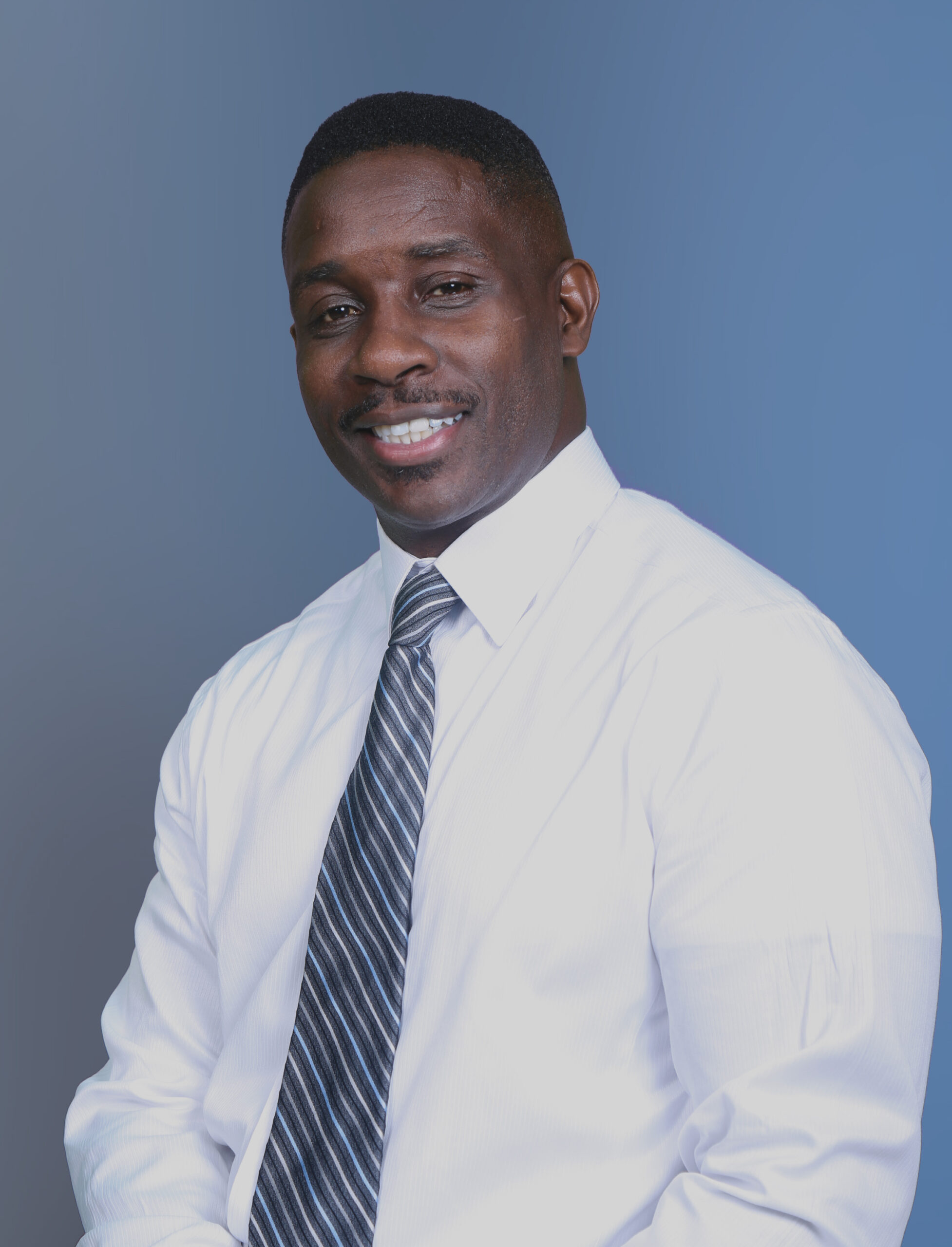Why are the overwhelming majority of Black and Brown students on campus, athletes?
That’s a thought I had as a freshman in college in the mid-1980s. I was one of the athletes at that predominantly White, small, religious college I attended in the northeast. I was recruited from Brooklyn, N.Y., to play basketball. Out of the 12 Black and Brown students on the roughly 900-student campus, two were women and eight of us played on the men’s basketball team.
My intent is not to disparage that college. In fact, there were things I liked about the campus, but it didn’t embrace my African-American or Latino cultures (my late mother was Afro-Dominican). No photos, paintings or professors around campus looked like me. I heard no familiar music at weekend social gatherings. The programs and curriculum downplayed or ignored the diverse cultural contributions from people of color to America. I felt being integrated on campus meant I must empty myself so the majority could feel comfortable with me there.
White schools’ reliance on recruiting primarily Black and Brown athletes as a campus diversity strategy undermines the White-student learning experience, too. It perpetuates the stereotype that "those people" are only good as athletes and entertainers. For most White students reared in cultural bubbles, communities where they get little or no exposure to other races, their educational experience becomes another missed opportunity to prepare them for careers and life in our multicultural world. What could happen if that White graduate ends up being supervised at work by a person of color? The culture shock could cause them to obsess over trying to get their boss fired, rather than focus on being the best employee they can be.
I stuck out my first year at that college, then transferred to The Lincoln University of Pennsylvania, America’s first historically Black college. My years there were the most formative of my life. I discovered my career calling was journalism, not basketball.
What if the basketball recruiters had seen me as a student and not just an athlete? What if the entire administration had worked hard to make the campus culture equally inclusive and welcoming for all students? I might have stayed, graduated, and become a proud contributing alumnus.
A missed opportunity.








